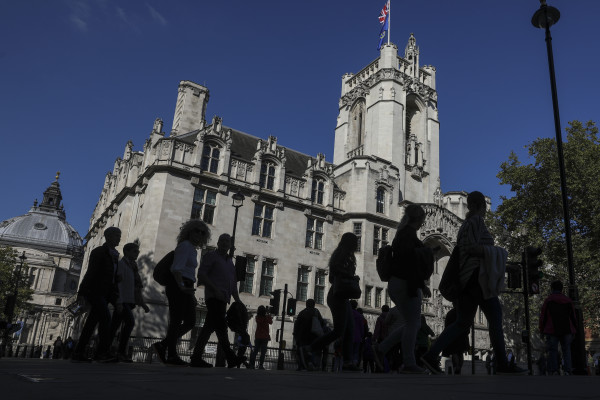A number of questions have arisen since Boris Johnson decided to prorogue the UK Parliament for five weeks amidst allegations of improper motives.
Did this prorogation undermine the constitutional supremacy of Parliament? Could the court review the lawfulness of the prorogation?
Was prorogation in the circumstances unlawful? If so, should Boris have resigned as prime minister? Are all these questions even legal ones?
Applying trust law principles to politicians leads to some interesting outcomes in the context of Boris Johnson's Premiership.
The parallels between politicians and trustees
It is not difficult to imagine politicians being treated like trustees administering trusts in the best interests of their beneficiaries.
They are in similar positions. A trust is a gift with a temporary minder.
The 'settlor' of the trust who owns the original assets gifts them to chosen 'beneficiaries' (which can be the settlor) but introduces a 'trustee' to manage the assets for the benefit of the beneficiaries for a period of time.
Similarly, we the people (the settlors) entrust our elected politicians (the trustees) with the assets and powers that comprise the state in order for them to employ their expertise in managing it in our best interests (as beneficiaries).
Because the parallels between politicians and trustees are so clear, one might ask whether our legal constitution would benefit from a trust-style model to inject explicit and arguably stricter trustee standards of accountability into our democratic political institutions.
Problems aligning politicians and trustees
There are the usual arguments to overcome about the distinction between politics and law (essentially a distinction between decision-making by persons with so-called democratic legitimacy and decision-making by persons appointed by those with so-called democratic legitimacy).
There are also arguments about an apparent need to be cautious about mixing public law and private law concepts, for example, the laws governing political actors and the laws governing trustees.
But nice points such as these may carry little weight when one considers how much more is at stake in the political realm in comparison with trusts.
It may seem odd that trustees are held to higher standards than our politicians, when the politicians are effectively the trustees of every aspect of the life of the nation and its citizens.
The rule of law is there to keep power (even prerogative power) in check and it works well in relation to trustees and beneficiaries.
Policing trustee power: if Boris was a trustee there'd be no unchecked prorogation
One of the arguments put to the courts in defence of the Prime Minister's purported prorogation was that the prerogative power to prorogue Parliament was not justiciable.











